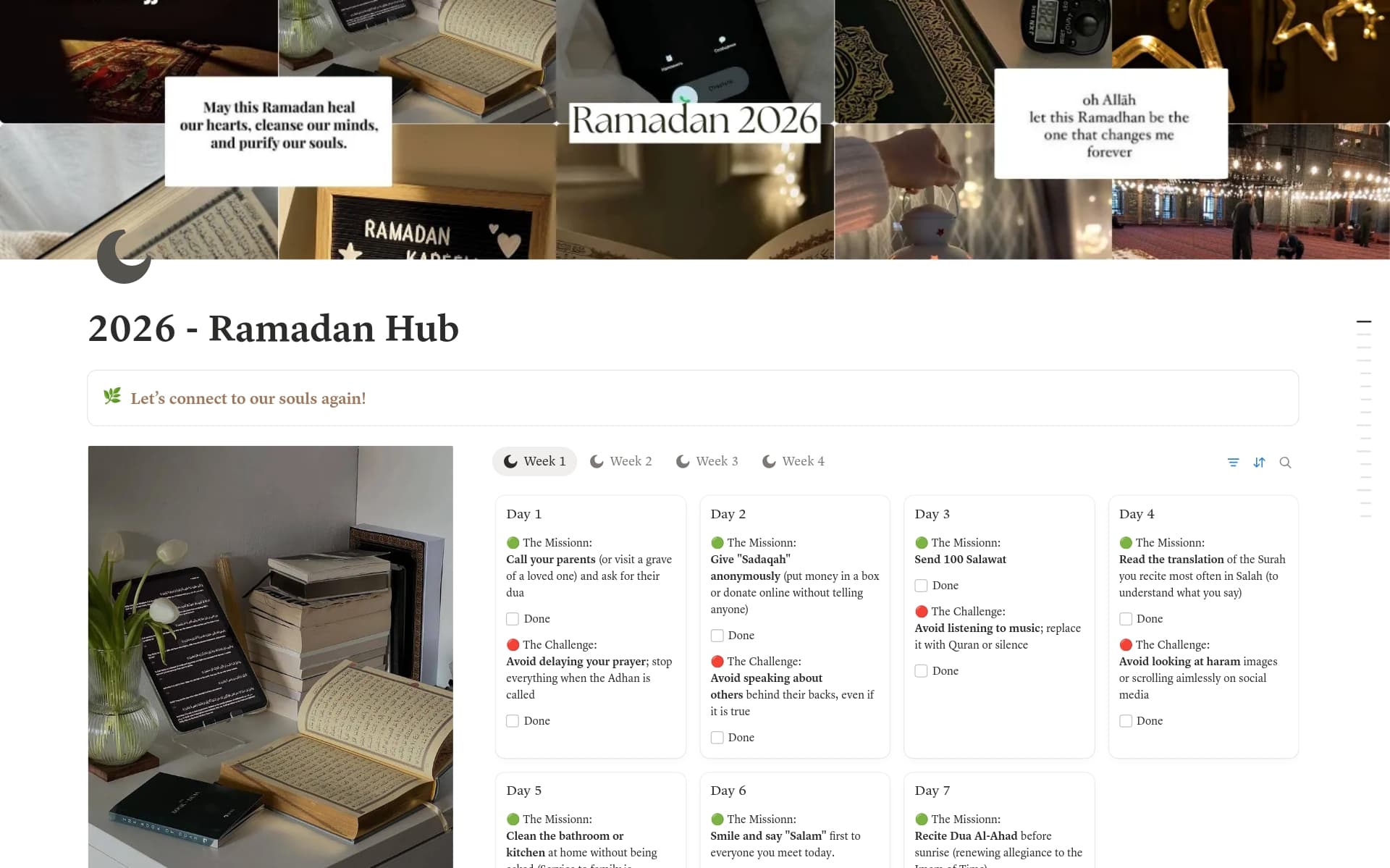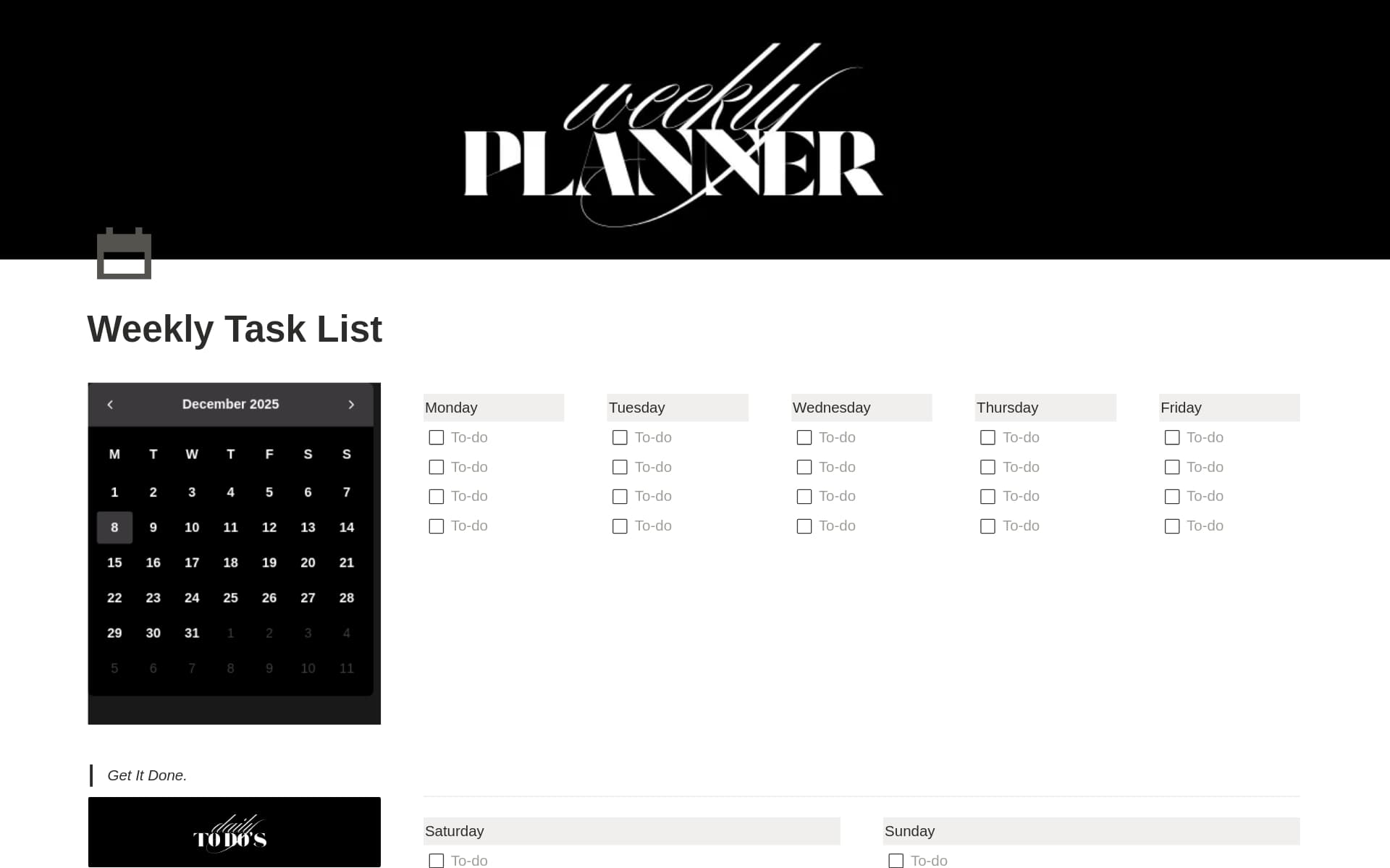Having meaningful customer conversations is crucial for understanding client needs, improving customer satisfaction, and fostering long-term relationships. A Customer Conversations template in Notion can streamline the process of documenting interactions, tracking feedback, and analyzing customer sentiments, ensuring that no detail is overlooked. This can lead to more personalized service and better product offerings.
Before you dive into creating your own system for managing customer conversations, take a look at these Customer Conversations Notion templates to simplify and enhance your process.
What Should Customer Conversations Templates Include?
Choosing the right Customer Conversations Template in Notion can streamline your communication and enhance your customer service efficiency. Here are key components to look for:
Structured Categories: A good template should have predefined categories such as Inquiry, Feedback, and Support, making it easier to organize conversations.
Response Scripts: Look for templates that include customizable scripts to help maintain consistency and speed in your responses.
Follow-up Reminders: Ensure the template has a system to set reminders for follow-ups, crucial for maintaining customer relationships.
Integration Capabilities: A versatile template should integrate seamlessly with other tools like email and CRM software, enhancing workflow efficiency.
Selecting a template with these features will not only save time but also improve the quality of your customer interactions.
What Should Customer Conversations Templates Avoid?
When selecting a Customer Conversations template in Notion, it's essential to be aware of certain features that might hinder rather than help. Here are three key components to steer clear of:
Overly Complex Structures: Templates that feature complicated categorization or too many subsections can slow down your team's response time and confuse the conversation flow.
Generic Auto-Responses: Avoid templates that rely heavily on impersonal auto-responses. They can make customers feel undervalued and can lead to miscommunication if not appropriately tailored to the context.
Fixed Response Fields: Templates that do not allow customization in response fields can restrict agents from personalizing communication effectively, which is often key to resolving issues satisfactorily.
Choosing the right template involves looking for simplicity, personalization, and adaptability to ensure that customer interactions are both efficient and engaging.




